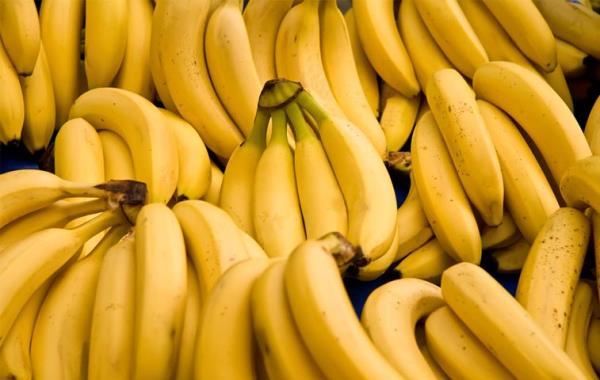Irradiation techniques to prevent Fusarium wilt spread
VU
Banana fruit is under threat of one of the most devastating banana diseases Fusarium, also known as Panama wilt. It is a type of fungus that inhabits the soil and attacks plants, and which is now especially spread in Latin America.
A quarter of the 155 million tons of bananas produced annually worldwide is threatened by fusarium wilt, according to the International Atomic Energy Agency (IAEA).
Today, the IAEA is helping detect and contain the disease through nuclear and related techniques to scientists from six countries in Latin America.
Irradiation is one of the widely utilized measures to safely destroy disease-causing bacteria and control pests without significantly impacting the food’s taste. Besides, irradiation techniques are being utilized to help develop new disease-resistant crop varieties in a process called mutation breeding.
In February, twelve scientists from Colombia, Costa Rica, Brazil, Ecuador, Venezuela and Perú were trained in mutation breeding. The training also included tissue culture, developing mutant populations and how to evaluate a crop's disease resistance.
Tropical Race 4 (TR4), the latest variant of the fusarium wilt, can habitat for decades in the soil, making it difficult to control, according to the IAEA. The only long-term response to the disease is developing and deploying new banana varieties with effective disease resistance.
As an international organization that promotes safe nuclear technologies usage, the IAEA will provide aid to the affected countries during the next 5 years in disease detection, surveillance, and containment via nuclear and related technologies.





